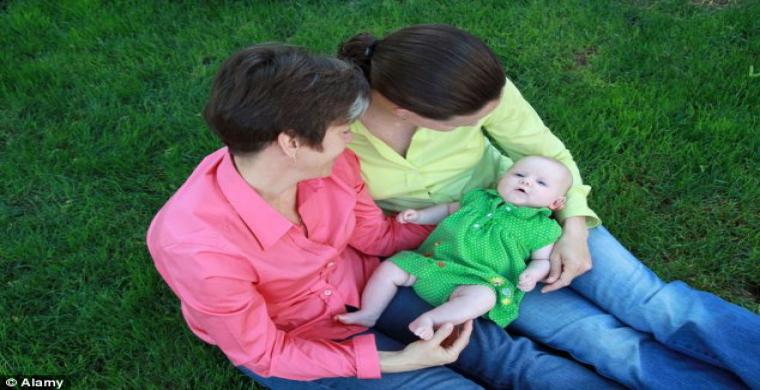Bishop Michael Nazir-Ali: “Designer babies are a disaster for society”
Former Rochester bishop says the announcement raises some important questions about the future of our children and the role of men in our families
http://www.dailymail.co.uk/
August 7, 2014
Britain is to get its first NHS-funded national sperm bank to make it easier for lesbian couples and single women to have children.
This announcement raises some important questions about the future of our children and the role of men in our families and communities.
The most important thing to say is that the needs of any child must be primary. It is the upbringing, welfare and education of the child that should be the prior consideration. It is not enough to ‘want’ a child, let alone one with particular characteristics.
This bank will allow women to choose from profiles of donors, which will include educational attainment and ‘attractiveness’ criteria, raising the spectre of ‘designer babies’, born to the parents’ specifications.
What if the process of pregnancy and birth ‘interferes’ with the desired outcomes? Will such babies then be rejected?
Research shows that children are best brought up in families where a mum and dad are present. The role of fathers in the nurture of their children is unique and cannot be replaced by other so-called ‘male role-models’ or, indeed, an extra ‘mother’.
Research tells us that children relate to their fathers differently than to their mothers, and this is important in developing a sense of their own identity.
In particular, boys need closeness to their fathers for a sense of security and in developing their own identity, including appropriate patterns of masculine behaviour.
The results of ‘father-hunger’ can be seen in educational achievement and on our streets, where it contributes to delinquency.
None of this should detract from the heroism of single parents. They should be provided with every support by the State and by local communities.
There is, however, a big difference between children growing up without fathers because of death or family breakdown, and actively planning to bring children into the world who will not know one of their biological parents and where such a parent will never be part of the nurture of these children.
This also brings the question of anonymity to the fore. The change in the law, so people could, at a certain age, find out who their biological father is, has certainly contributed to the ‘shortage’ of donors in response to which the sperm bank has been set up.
If there is no anonymity, will potential donors come forward, or will the bank face these same ‘shortages’?
The move - funded by the Department of Health - is largely designed to meet the increasing demand from thousands of women who want to start a family without having a relationship with a man
The move - funded by the Department of Health - is largely designed to meet the increasing demand from thousands of women who want to start a family without having a relationship with a man
What then? Will it rely on overseas donors? What implications will this have for anyone wanting to be in contact with their biological dad?
The removal from the Human Fertilisation and Embryology Act of the need of a child for a father may have been a triumph for radical feminists, but we should not be planning for bringing significant numbers of children into this world who will not know their fathers.
This will be disastrous, not only for the children, but for a sense of self-worth in men and, therefore, for society generally.
We have had enough of children being the recipients of endless, fashionable social experimentation.
Let us give them the love they deserve, rather than just gratifying our own desires.
END














